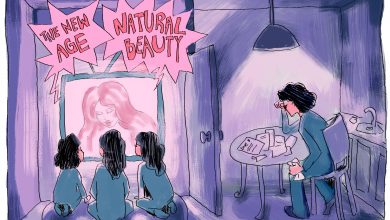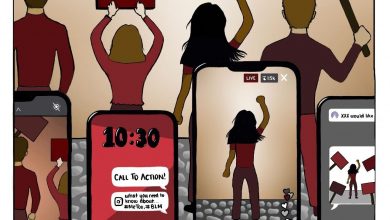What Are We Apologizing For?
Over spring break I noticed that my little sister apologizes before she speaks. When our parents fight she says sorry, when she wants to talk she says sorry; sadly enough, she is not alone. Every day at school many of my female classmates will hesitantly raise their hands and apologize before they ask or answer a question.
But why are we sorry?
Though some men may use this hedge, a word used to lessen the impact of a statement, studies indicate that women are more likely to apologize for the same actions. Neither this study nor any others I could find took ethnicity, sexuality or class into account. However, if, as an oppressed group, women feel fear and guilt over speech, I assert that this phenomenon is present in many marginalized groups.
By its very definition an apology is an admission of guilt and a request for forgiveness. Too many of us think our very speech is an act of treason.
To apologize before speaking morphs our voices into an act of wrongdoing, and we are neither wrong nor guilty of any offense.
What seems to be a linguistic form of politeness also functions to “reduce the riskiness of what one says.” This nuanced apology is an indicator of fear. We are afraid to speak in class, so we apologize first.
As Audre Lorde writes,
“visibility […] makes us most vulnerable” but it is also where we derive our strength. In these moments of apology, we can rework our language to add value to our words and voices. We must remember that language is power and it is our right to be visible and speak our own truths no matter the content.”




